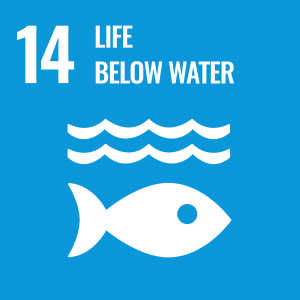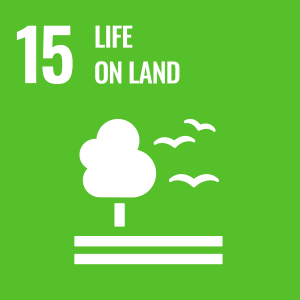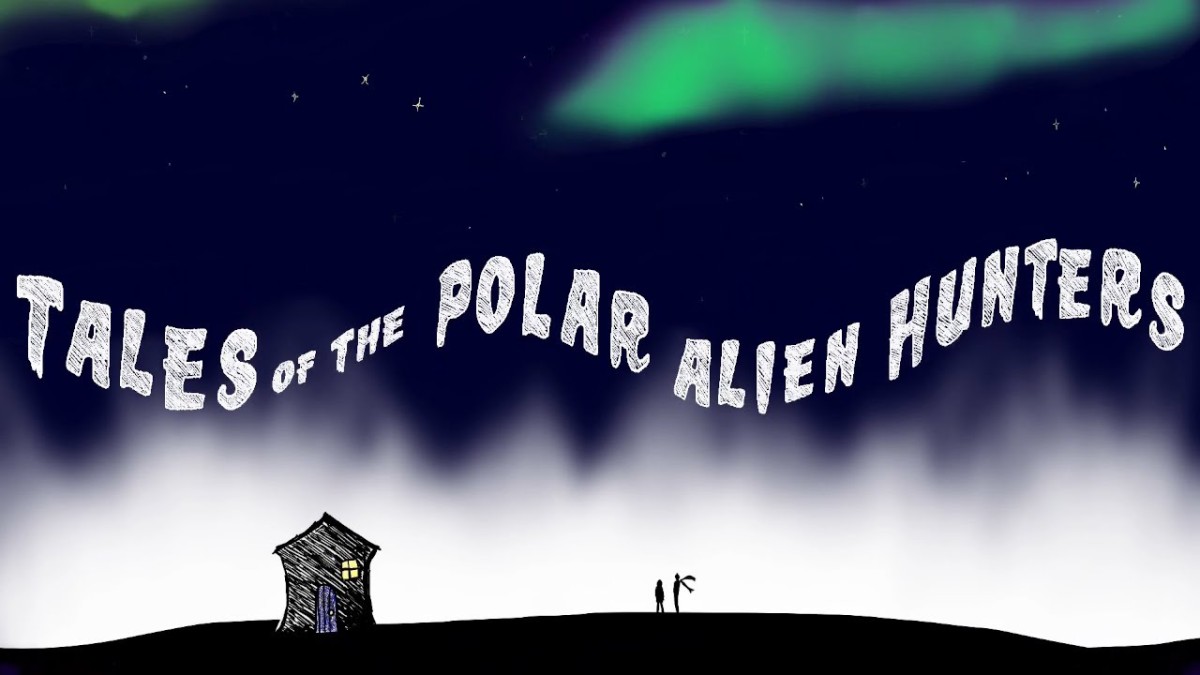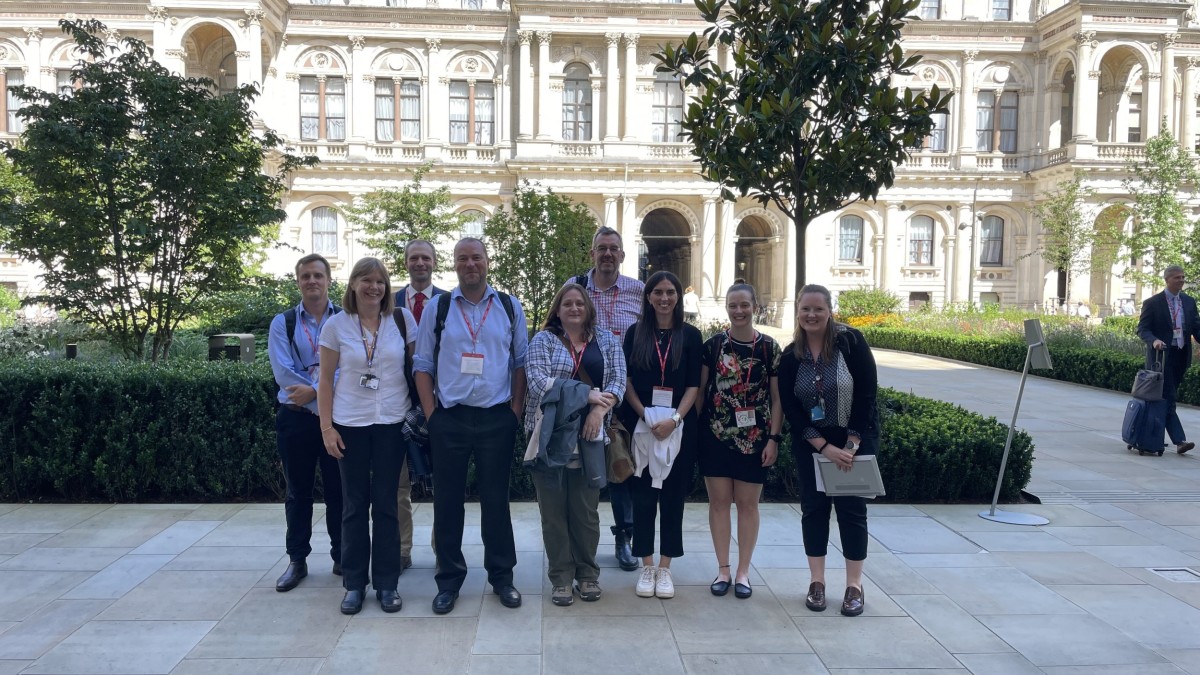
Dr Christy Hehir
Academic and research departments
Surrey Hospitality and Tourism Management, Environmental Psychology Research Group (EPRG), Centre for Sustainability and Wellbeing in the Visitor Economy.About
Biography
Dr Christy Hehir is an environmental psychologist with a PhD on how tourism can better aid conservation. Christy is passionate about understanding how tourists engage with the natural world and the long-term impacts tourism can have on individuals’ subsequent pro-environmental behaviour towards our planet’s sustainability. Christy is committed to science communication, working as a Lecturer at the University of Surrey and is currently researching the future of polar tourism. Current topics include tourism’s responsibility for citizen science, youth’s career choices after an expedition and launching a new biosecurity campaign www.polaralienhunters.com to combat invasive species. Prior to academia, Christy had 10 years’ travel industry experience across the public, private and not-for-profit sectors. Her polar adventures ignited when she travelled to Antarctica with Students on Ice, having been elected as the UK’s student representative for International Polar Year.
Podcasts
Cultivating Conservation:
The Wilderness Medic Podcast:
Environmental Psychology and why it matters with Dr Christy Hehir
Areas of specialism
Gallery
ResearchResearch projects
Beyond Good Intentions: Wildlife Tourism as a Driver of Pro-environmental and Philanthropic Behaviour ChangeRecognised and funded by the ESRC (Economic and Social Research Council), my environmental psychology based PhD research collaborated with leading tour operators and international wildlife charities to measure the actual value travelling has for conservation across the booking journey. Outcomes of this research identify the types of experiences/activities that add value and engage tourists to emotionally connect with the environments they visit, and pinpoint triggers in travel that inspire philanthropic donations both onsite and subsequently.
Dutch Research Agenda (NWA) programme ‘Polar Tourism - Research Programme on Assessment of Impacts and Responses’ (PT-REPAIR)Ships are getting bigger, travel further and more often, and companies offer a growing range of activities. How does this impact Antarctica, and how can we continue to protect it? This is what four new research projects focussing on Antarctic tourism will investigate and, in so doing, they will support policy developments in the Netherlands and beyond with the aim of protecting the values of the Antarctic Treaty and the Netherlands Polar Strategy.
The four projects will run over the next five years (until 2027) and have a combined budget of approx. 4 million Euros. I am currently working within two (of the four) projects that will enhance our knowledge of polar tourism’s (cumulative) impacts in support of (inter)national policymaking.
The first project is GUIDE-BEST: Growing Understanding of Individual Drivers of Expectations and Behaviours to Enhance Sustainable Tourism in Antarctic. Many tour operators claim that tourists after a visit to Antarctica become ambassadors. However, what this ambassadorship means is not well understood. In this project we will study the meaning of the Antarctic Ambassadorship and which factors have an influence on it. The following factors will be examined: the role of guides, group size, cultural values and the kind of activities tourist do. We expect to use this knowledge to develop tools that can support pro-environmental behaviour.
The second project is ADAPT: Adaptation pathways through knowledge co-production to anticipate Antarctica’s uncertain tourism futures. The ADAPT project inspires a shift from advance-worrying to advance thinking and planning about Antarctica’s tourism future. The project offers tools (future scenarios, adaptation pathways, signal monitoring system) that help public and private stakeholders to make informed and robust decisions regarding Antarctica’s tourism future, in which values and qualities are protected and there is a social licence for tourism in Antarctica.
Research projects
Recognised and funded by the ESRC (Economic and Social Research Council), my environmental psychology based PhD research collaborated with leading tour operators and international wildlife charities to measure the actual value travelling has for conservation across the booking journey. Outcomes of this research identify the types of experiences/activities that add value and engage tourists to emotionally connect with the environments they visit, and pinpoint triggers in travel that inspire philanthropic donations both onsite and subsequently.
Ships are getting bigger, travel further and more often, and companies offer a growing range of activities. How does this impact Antarctica, and how can we continue to protect it? This is what four new research projects focussing on Antarctic tourism will investigate and, in so doing, they will support policy developments in the Netherlands and beyond with the aim of protecting the values of the Antarctic Treaty and the Netherlands Polar Strategy.
The four projects will run over the next five years (until 2027) and have a combined budget of approx. 4 million Euros. I am currently working within two (of the four) projects that will enhance our knowledge of polar tourism’s (cumulative) impacts in support of (inter)national policymaking.
The first project is GUIDE-BEST: Growing Understanding of Individual Drivers of Expectations and Behaviours to Enhance Sustainable Tourism in Antarctic. Many tour operators claim that tourists after a visit to Antarctica become ambassadors. However, what this ambassadorship means is not well understood. In this project we will study the meaning of the Antarctic Ambassadorship and which factors have an influence on it. The following factors will be examined: the role of guides, group size, cultural values and the kind of activities tourist do. We expect to use this knowledge to develop tools that can support pro-environmental behaviour.
The second project is ADAPT: Adaptation pathways through knowledge co-production to anticipate Antarctica’s uncertain tourism futures. The ADAPT project inspires a shift from advance-worrying to advance thinking and planning about Antarctica’s tourism future. The project offers tools (future scenarios, adaptation pathways, signal monitoring system) that help public and private stakeholders to make informed and robust decisions regarding Antarctica’s tourism future, in which values and qualities are protected and there is a social licence for tourism in Antarctica.
Supervision
Postgraduate research supervision
I supervise postgraduate research students that use environmental psychology theory to understand how tourism can better aid conservation. I am passionate about finding new scholars who are keen to research how tourists engage with the natural world and the long-term impacts tourism can have on an individual’s subsequent pro-environmental behaviour towards our planets sustainability.
I am currently looking to accept new PhD students. Please email me directly for further information.
Current PhD Student(s)
Teaching
I am passionate about teaching at both undergraduate and postgraduate levels.
My module leadership and teaching spans across many of the School of Hospitality, Tourism and Events modules including:
MANM050 Visitor Attractions Management (Module Leader)
MANM150 Destination Management and Marketing (Module Leader)
MAN3149 Leadership (Module Leader)
MAN2112 Managing Organisations and Human Resources (Module Leader)
MAN1113 Legal and Risk Issues in Event Management (Module Leader)
MAN1102 Event Planning and Management (Module Leader)
MAN2167 Event Sustainability and Environmental Impact (Module Leader)
MAN1067 Tourism Management
MAN1109 Sustainability in Tourism and Transport
MAN1106 Global Citizenship
MAN2101 Tourism Policy and Development
MAN2156 Crisis Management in Tourism and Transport
MAN2115 Tourism Theory in Practice
MAN3162 Mentoring and Professional Development
MAN3156 Strategic Brand Management in Tourism
MANM512 PG Live Event Project
Sustainable development goals
My research interests are related to the following:




Publications
For tourism to be entirely sustainable, one cannot travel. This is impossible. This paradox is particularly evident within last chance tourism (LCT), where tourists, seeking experiences with vanishing animals and land/seascapes, can accelerate the decline of those very attractions. Though recent studies hint that those with the highest intentions to visit LCT destinations are also some of the most concerned with climate change, no study has assessed the psychological drivers that may help explain why individuals are increasingly engaging in this paradox. Drawing on the VBN model, this research examines a theoretical framework to assess the psychological drivers behind individuals’ intention to engage in environmentally responsible behavior while traveling and, ultimately, their desire to participate in LCT. Results reveal that a set of environmentally referent cognitions (i.e., values, environmental worldview, awareness of consequences, and ascription of responsibility) lead to personal norms activation, which then influence tourists’ intent to behave in pro-sustainable ways and, ultimately, individuals’ intentions to engage in LCT. Findings are important as they further confirm the benefits of using VBN theory within an LCT context. For practitioners, this research strengthens the appeal of sustainable tourism operations to secure business and receive positive word-of-mouth from potential LCT tourists.
Youth-based programmes providing education-based expeditions to the Polar Regions have been offered for more than two decades, and whilst studies hint that participants return as inspired and empowered ambassadors, research to date has been inconclusive as to what impact such expeditions have had on their participants’ subsequent lifestyle decisions and pro-environmental behaviours. To address this research gap, Social Identity Theory (SIT) was used to evaluate the impact of youth polar expeditions on participants’ pro-environmental behaviour, up to 18 years after their polar voyage. In collaboration with Students on Ice (SOI), this study tested the direct and indirect relationships between previous SOI students’ (n = 217) social identity towards the alumni programme and their subsequent connections with nature and pro-environmental behaviours. Findings suggest that social identity might be one way to explain the long-term impact of educational expeditions in terms of desired future pro-environmental behaviours, underscoring the critical importance of an alumni programme. Furthermore, a Community-Engaged Research (CER) approach was adopted to evidence the impact of this research beyond the realm of academia. We reflect on the CER approach with the intention of assisting others to produce impactful and socially robust knowledge, maximising the real-world impact of the findings.
Growing concern - Ethics of travelling
Our research explores the impact of educational polar expeditions on youth by assessing participants’ pro-environmental behaviour, career choices and ambassadorial activities, up to 18 years after their polar voyage.
Last chance tourism (LCT) has received significant attention within the academic literature and popular press due to its controversial nature of bringing travelers to threatened places. However, little theory has been applied to understand why travelers gravitate towards this controversial type of tourism. Hence, this work combines the value-belief-norm (VBN) model and theory of planned behavior (TPB) framework to explain intentions to participate in LCT. Survey data were collected from a national panel (n = 436) of U.S. travelers in 2019. A two-step modeling approach (CFA-SEM) was followed to examine psychometrics and hypothesized relationships between VBN constructs, TPB constructs and intentions to participate in LCT. Of the 11 hypotheses examined, 10 were supported, with both theories combining to explain 61% of the variance in travelers' intentions. The TPB construct of 'social norms' was the best predictor of LCT intentions, emphasizing the conspicuous nature of LCT's influence on demand.
Nature-based tourism offers the opportunity for tourists to see first-hand both wildlife and the conservation efforts of organisations and individuals to protect habitats and species. Whilst recent studies hint that tourism can prompt visitors to provide philanthropic support for conservation, studies to-date have focused on behavioural intentions within specific case studies rather than actual behaviour, thereby limiting generalisability and explanatory scope. Consequently, little is known if and why individuals donate more after nature-based tourism. An online questionnaire, which included both quantitative and qualitive measures, explored key predictors of what triggers tourists to engage in philanthropic behaviour. Through a collaboration with two leading UK adventure travel companies, 924 participants' travel patterns and donation histories were examined to assess the role tourism plays in prompting new donations. Findings confirm, first, that travel to last chance destinations prompts higher instances of new philanthropy compared to other international and domestic trips; second, that other key factors, including the importance of stronger identity with nature and/or first-time visitation, influence new philanthropic support. Alongside the scholarly contributions, this study provides actionable guidance on how to encourage philanthropic behaviour working with both tour-operators and non-profit organisations.








